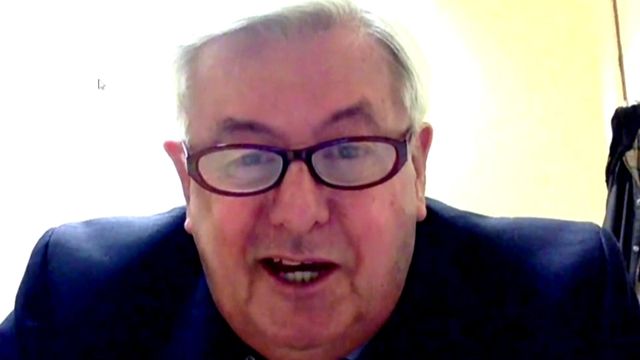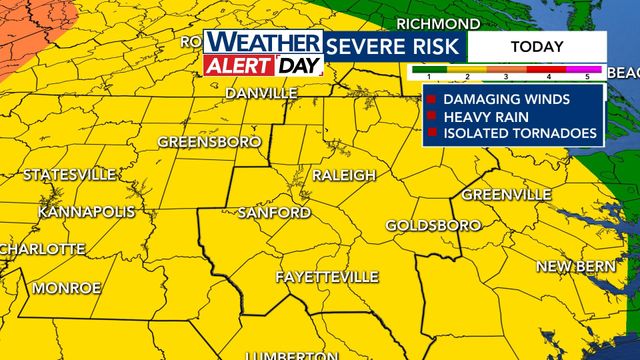Former UNC-CH professor duped by drug cartel says phony evidence used to convict, fire him
A former professor at the University of North Carolina at Chapel Hill is fighting to get his job back after a trip to meet his dream girl landed him in prison.
Paul Frampton is a world-renowned physicist who five years ago was tricked by a drug cartel into thinking he had a budding romance with an international model. Although Frampton now admits he was naive to fall for a scenario straight out of a movie script, he argues phony evidence was used to convict him and ultimately cost him his tenured position at UNC.
"Some people ask, if I'm really so intelligent, how'd I get so duped," Frampton said in a Skype interview from his home in Oxford, England. "There's a difference between intelligence and experience.
"Of the 7 billion people in the world, probably there's an odd billion that are criminals," he added. "They lie. There's this element that I've never been in contact with."
The divorced professor went to the internet looking for a relationship and started communicating with a woman in South America he believed to be international model Denise Milani.
"Perhaps I was lonely, and I wanted some companionship. ... I haven't really thought through that," Frampton said when asked if he didn't find him grabbing the attention of a model a bit suspicious. "It seemed plausible at the time."
Unbeknownst to Milani, a drug cartel was using her name and image to transport cocaine, and they had lured Frampton into their web.
When he arrived in Bolivia in March 2012, he was told Milani had gone to Belgium for a photo shoot, and he was given a suitcase to take to her that she left behind. But his trip to meet her ended after a quick flight to Argentina, where police found 2 kilos of cocaine in the suitcase and arrested Frampton.
"I had no suspicion whatsoever that there were illegal substances in the suitcase," he said. "I didn't question [taking the suitcase] at the time at all. Of course, in retrospect, I did make a foolish decision to check the suitcase in."
While he was in custody, Frampton still held out hope of meeting his dream girl.
"Even after I was arrested, for two or three weeks, I actually still believed it was Denise Milani," he said.
He was eventually convicted and sent to one of the most notorious prisons in Argentina. While there, UNC-Chapel Hill Chancellor Carol Folt fired him in May 2014 for personal misconduct and neglect of duty.
Frampton said the conviction and the firing were unjust and illegal.
"The justice system very corrupt there," he said. "I'm told that in the First-World countries like the United States or the United Kingdom, I could never have been convicted."
Believing that his conviction was based on evidence, "invented by the prosecution," he hired a forensic linguistics expert to examine texts and emails prosecutors used as evidence in his trial, and the expert concluded that the damaging text messages that talked about drugs weren't written by Frampton.
"The evidence used to claim that I was deliberately smuggling drugs is the very same text messages that were invented," he said, adding that Folt's termination letter specifically mentioned the texts.
Despite being locked up, he said he was able to publish research papers and grade students' work with the help of Catholic priests acting as prison couriers.
"(It was) probably the least inspiring environment anyone's ever written a physics paper in," he said.
Although he's living in his native England, Frampton wants his old job back, even though he feels UNC-Chapel Hill turned its back on him.
"I was in this difficulty in Argentina, and UNC did essentially nothing to help this tenured professor in difficulty," he said.
UNC-Chapel Hill administrators didn't respond to requests for comment on Frampton's case.
Frampton recently wrote a book, "Tricked," that examines the dark underbelly of the internet – a lesson he learned the hard way.
"The thinking is it will never happen again because my trusting other people has certainly been, I'm far more cautious," he said.











